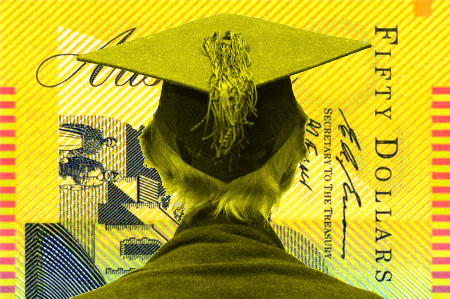HECS spike looms
 Graduates are facing steep HECS increases in a matter of days.
Graduates are facing steep HECS increases in a matter of days.
Millions of graduates and higher education students in Australia are being warned to pay off their HECS (Higher Education Contribution Scheme) loans by June 1 or face a significant increase in repayments.
The inflation-adjusted rises, the highest in 33 years, could result in an average annual increase of thousands of dollars for some. The average HECS debt is around $25,000, with most falling between $20,000 and $50,000, so the average increase due to the repayment threshold adjustment will amount to nearly $1,800.
Failure to make the payments will trigger an automatic salary deduction for those earning above $48,361, with the threshold increasing to $51,550 from July 1.
The increase of the repayment rate to 7.1 per cent, based on the annual inflation rate, marks a near 12-fold rise since the COVID-19 pandemic began, surpassing last year's rate of 3.9 per cent.
According to the Tax Office, the country's five largest HECS balances range from approximately $338,000 to over $737,000.
It is estimated that over three million people collectively owe around $74 billion, representing a doubling of the debt in the past decade.
The National Union of Students has expressed concern about the growing number of students struggling to repay their HECS debt, which adversely affects their financial future, repayment capacity, and ability to secure loans such as mortgages.
Financial experts caution that couples seeking a mortgage might be better off keeping their HECS debt if paying it off would reduce their deposit below 20 per cent, thereby triggering lenders' mortgage insurance.







 Print
Print